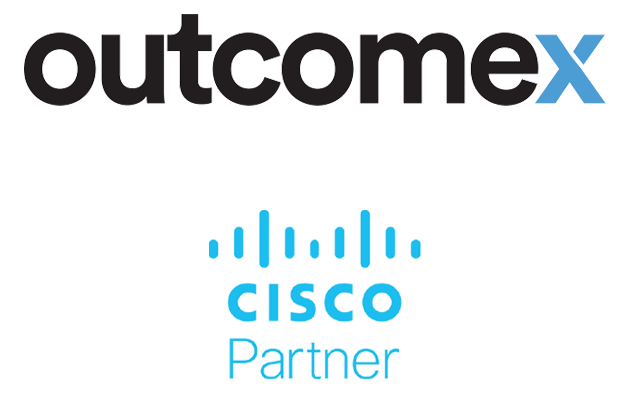The pandemic has brought on many challenges, but the most significant challenge for businesses has been the shift from working in the office, to remote and hybrid work arrangements.
Businesses are now required to decide whether to go back to the old ways of working making employees return to the office full-time, or shift to a hybrid work environment. A study conducted by Accenture found that the majority of workers (83%) prefer a hybrid work model. In addition, a FlexJobs survey conducted in April 2021 revealed that out of 2,100 people, 58% would consider looking for a new job if they could not continue working remotely.
With the majority of employees in favour of remote or hybrid work arrangements, companies can no longer ignore the trend towards hybrid work, especially if they want to continue to attract the best talent.
A study conducted by Cisco of over 28,000 full time employees over 27 markets, further solidifies this notion with findings that remote or hybrid working has improved: quality of work, performance, work-life balance, financial well-being, physical well-being, social well-being and emotional and mental well-being.
We explore the findings of this study in further detail below.
Increased work-life balance, quality of work and performance for hybrid and remote workers
Most attribute improved work-life balance to two main factors:
- Increased flexibility to work schedules; and
- Time saved on the commute to work, with an average of four hours per week being saved.
Contrary to concerns that hybrid work would have a debilitating effect on business and employee performance, studies have shown the opposite to be true. According to the Cisco, over the past two years 61.4% believe that their quality of work has improved, with 60.4% seeing their productivity increase.
Drilling in further reveals significant differences across working generations that are important to note. When focused on improvements on quality of work, 70.3% of Gen Zers said this had improve, compared to 49% of Baby Boomers.
Seniority also seemed to play a factor with more senior team members (64.3%) experiencing improved quality of work, compared to 56.9% of junior staff.

Hybrid and remote working arrangements have a positive impact on employee well-being

Due to the pandemic and the subsequent mandated lockdowns, many feared that employees’ well-being would suffer under these changed working conditions. In fact, the opposite was true. The results of this study have demonstrated that over the course of two years, 77.9% of respondents felt an improvement in their overall well-being, which includes areas such as financial, physical, social, emotional and mental well-being.

Increased savings and financial well-being
With staying-in becoming more popular, it’s no surprise that 76.3% of people were able to save money over the past year. Financial savings totalled to a considerable 14.5% increase in disposable income on average, with 79.9% seeing an increase in their disposable income of 5%.
The majority of savings have come from fuel (86.6%), food and entertainment (74%) and miscellaneous lifestyle expenditure (57.4%).
Impacts on physical, social and emotional and mental well-being have been positive
Over two-thirds (67.9%) reported that working remotely has been favourable for their physical condition. In addition, 70.6% of respondents expressed they exercise more when working remotely, with an extra 2.5 exercise sessions per week.
Family relationships (73.7%) and friendships (50.7%) were reported as improved due to remote work. Respondents found they were able to spend more quality time at home with family members and friendships were maintained and strengthened through virtual communications.
Finally, emotional and mental well-being saw improvements with 82.2% of respondents reporting increased happiness, due to the flexibility of working from any location. 54.7% reported decreased stressed levels with the hybrid work arrangement.

Creating seamless collaboration no matter the location
While the world of the office environment may be changing, ensuring effective collaboration doesn’t have to. Working remotely or via a hybrid model doesn’t have to impact employees’ communication and collaboration abilities detrimentally. Outcomex provides optimal and seamless communication experience in the workplace delivering team collaboration in almost any environment. Effective collaboration increases productivity transforming your work environment – no matter the location. As a result, employee experience and customer opportunities improve.
Find out how your business can leverage hybrid work arrangements with Outcomex
Outcomex can help improve your hybrid workplace strategy by providing optimal and seamless communication, whether on-site or remotely.
Effective collaboration increases productivity and that transforms your work environment. As a result, your employee experience and customer opportunities improve regardless of your work environment.




